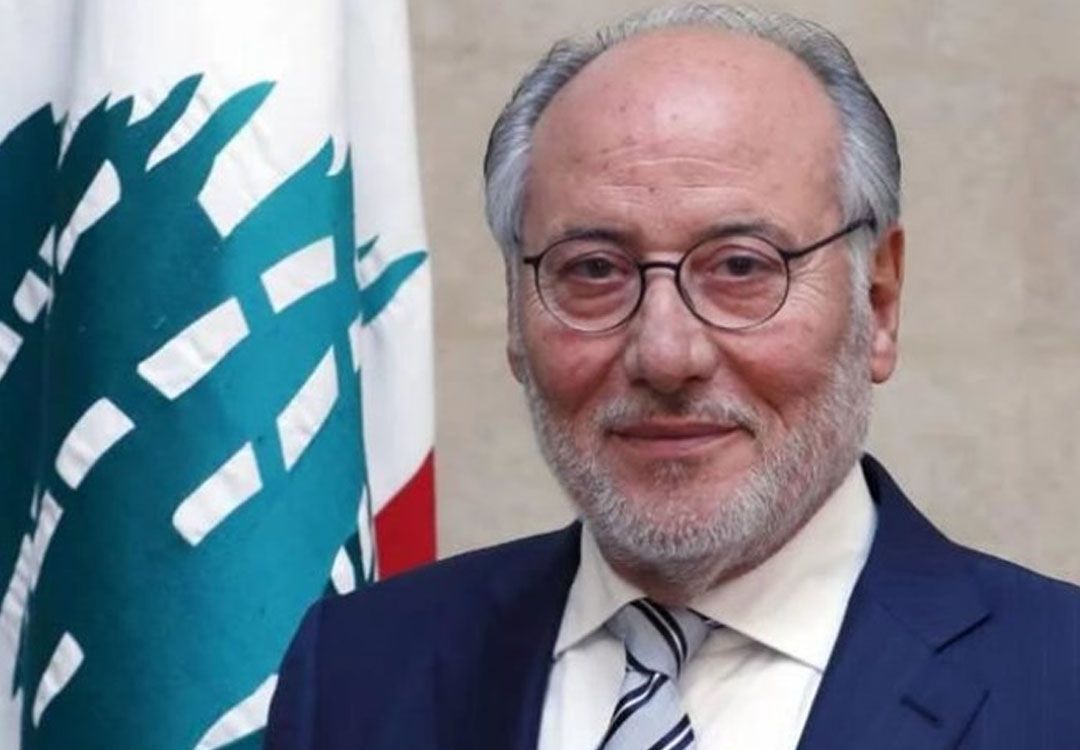
For the second consecutive month, retired teachers in Lebanon have not received any increase in their salaries in Lebanese pounds, which has lost substantial value since the currency's collapse in 2019. Unlike other sectors, retired teachers have not received any salary adjustments, except for a few months under a protocol signed between the Teachers Syndicate and the Union of Educational Institutions, under the Ministry of Education, which provided six times their base salary until the end of August.
The latest attempt to approve raises for retired teachers, similar to those received by public sector employees, took place during a meeting called by the caretaker Minister of Education, Abbas Halabi. However, it failed after Father Youssef Nasr, the general coordinator of the union, declined to start disbursing any increase for the Compensation Fund for private school educators unless a law or decree was issued. Despite the severe financial conditions of retired teachers, the meeting ended without convincing him otherwise. The Fund's board proposed in its latest meeting that a decree be issued by the Council of Ministers to raise school contributions and teacher deductions by 17 times, directly benefiting the retirement fund to support pension increases. According to exclusive information, Halabi signed the decree and forwarded it to the Secretary-General of the Cabinet, Judge Mahmoud Makkieh, to include it on the agenda for the next cabinet session; however, its approval is not guaranteed. It is of note that those who blocked the funding law for the fund in the previous session could do so again in the next meeting. There is a prevailing sense among private school teachers that certain influential entities might have a vested interest in driving the Compensation Fund toward bankruptcy, considering it has been neglected without assistance since the onset of the 2019 financial crisis.
Between one meeting and another, solutions remain at a standstill as retired teachers question their future and that of their families if the Union of Educational Institutions continues to ignore their demands, which under the protocol cost only $10 per student annually. Yet, the institutions resist making even this small contribution, refusing any new laws or decrees, as if these teachers had not taught in private schools or experienced the current economic crisis. This raises questions about the viability of teaching, if the profession fails to protect teachers’ rights.
In this context, the head of the Teachers Syndicate in private schools, Nehme Mahfouz, stated that private educational institutions have completely abandoned retired teachers who served for more than 40 years. These institutions rejected renewing the protocol by which they paid $10 per student annually and did not respond to any of the proposals presented by the syndicate to save the retirement and compensation funds. They rejected the law that would increase contributions and deductions to 8% in dollars to sustain the fund and led the syndicate into a major constitutional dilemma via the caretaker prime minister. They also refused to renew the protocol and adhere to the agreement made at the Ministry of Education, and ignored the plight of retired teachers, living on $20 a month.
Mahfouz emphasized that the schools should not need a law or decree, at least according to the latest agreement, to sustain the fund to support retired teachers' salaries. What are private school administrations waiting for? Do they not charge high tuition fees in dollars, supposedly to pay teacher salaries in dollars? Can they not contribute a minimum of $10 per student annually to prevent retired teachers from starving?
It seems that the issue may remain unresolved until a future cabinet session, where caretaker Prime Minister Najib Mikati may propose the decree – only to potentially dismiss it once more, as he did with the Compensation Fund financing law and the advance payment law, reinforcing his authority in the absence of a president and any accountability.

Comments